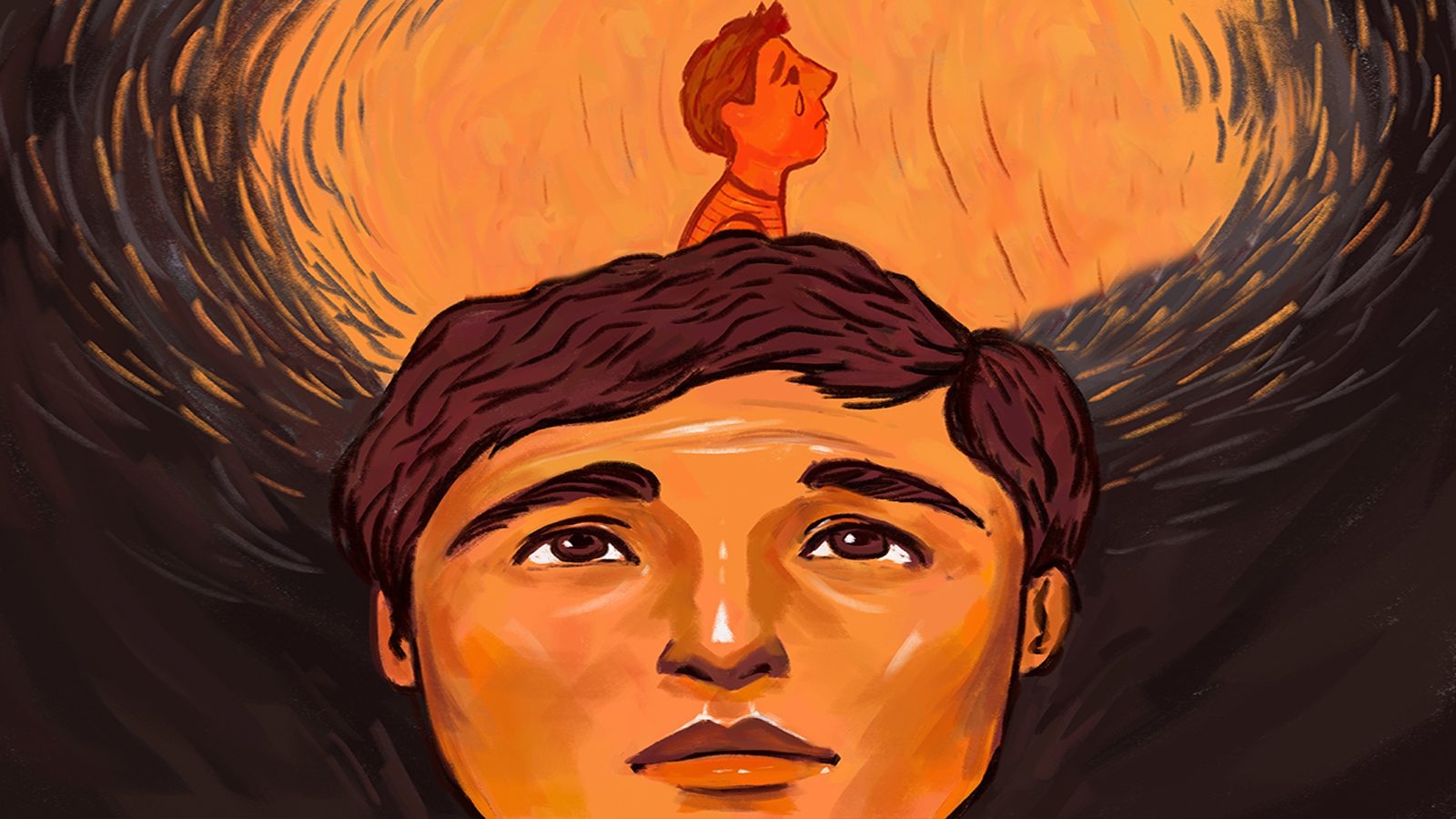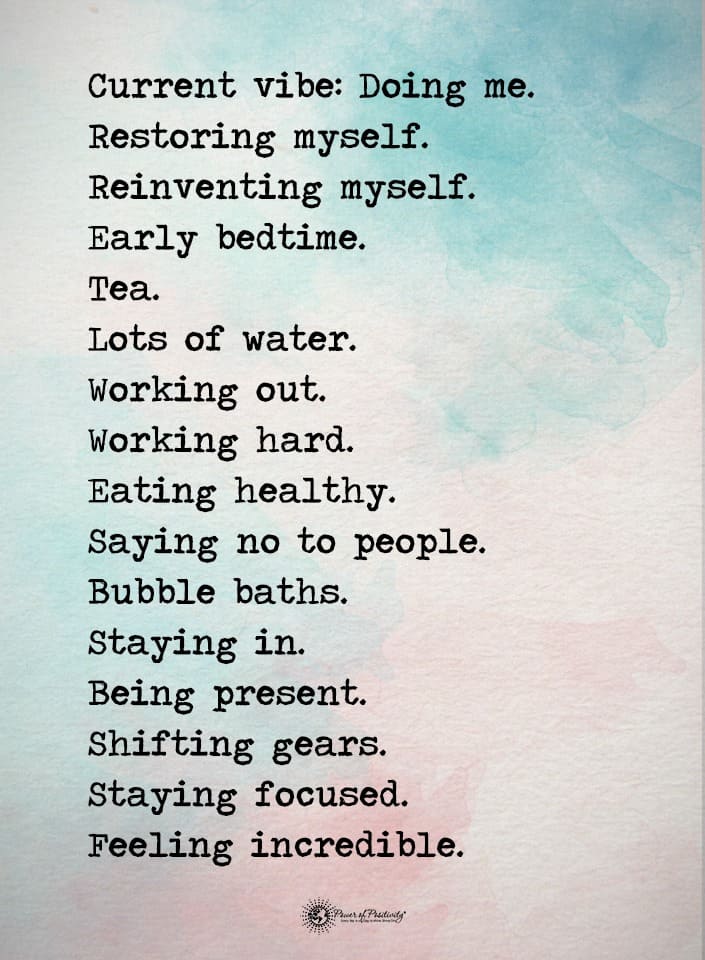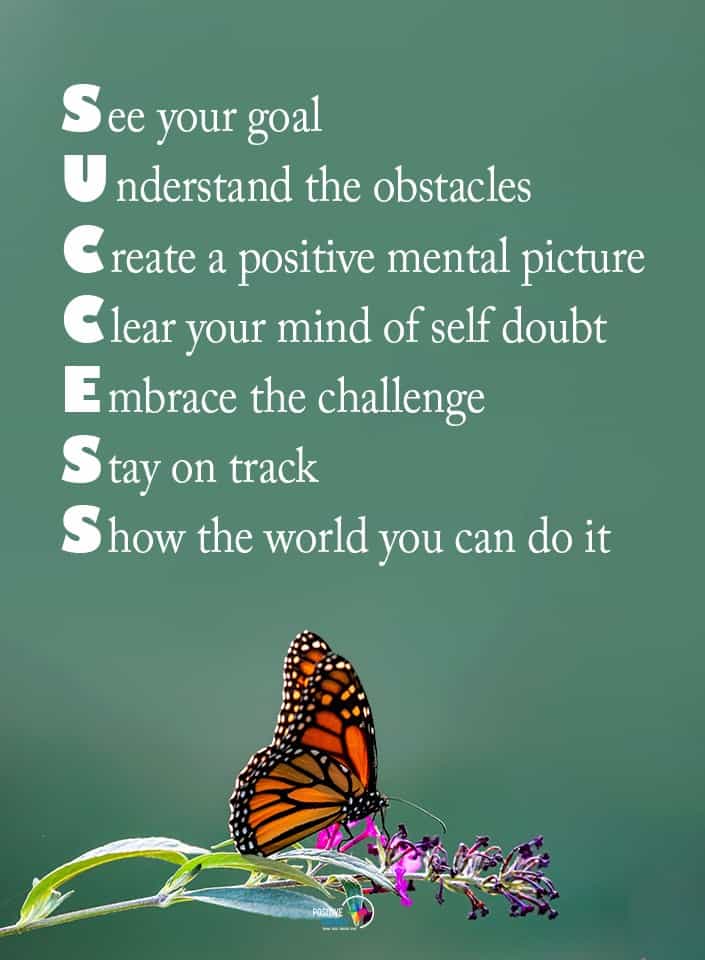One of the first things you need to be aware of is that the concept of a wounded inner child is a psychological term. Having unresolved childhood trauma is such a big issue, and so many people struggle with it that it got its name. And, worse, most people who deal with this issue don’t even realize what they’re struggling with. But, if you’ve ever felt lost, hopeless, or completely alone, you might struggle with something deeper than you know.
A wounded inner child is one of the most overlooked mental health issues. Not many people even know it’s a thing. They don’t realize just how much your past can affect your future. And this is mainly because of the older generation, who thinks that sweeping all issues under the rug is the way to solve things. And that’s exactly what they taught their children.
They should pretend everything is alright and all their issues are just a figment of their imagination. If you lived through childhood trauma, you likely forgot about it as a defense mechanism. Many people who have been hurt in the past either don’t realize it or downplay the significance of the damage. A kid can’t solve their mental health issues as they happen.
So, it’s not abnormal to have some unresolved issues. The problem appears when those issues remain unresolved through adulthood. That’s when feelings of emptiness and lack of direction can take over your life. To avoid the consequences of glossing over your past trauma, you must understand why your inner child is wounded.
What Events Lead to Having a Wounded Inner Child?
Before getting into how a wounded inner child manifests in your adult life, you must understand where it comes from. Not all traumatic events you experience in your childhood will leave a strong mark. Some will be easy to deal with and help shape you rather than suck your life out. But some events are bound to leave a mark.
The main thing that leads to a wounded inner child is having an unsafe environment in your formative years. It’s the responsibility of parents and guardians to make kids feel safe. Unfortunately, they are often the ones who abuse children and don’t give them a good home. This abuse can come in many forms. Unfortunately, there isn’t a template of how this abuse should look to be considered a serious trauma that leads to a wounded inner child. Everyone experiences trauma differently, which is why all events can leave a serious mark.
Physical abuse is one of the most awful things a parent could ever do to their child. But, unfortunately, it happens more often than society would like to admit. And it’s a traumatic event that will always make the victim feel unsafe. When a child is always scared that they will be hurt, that creates serious wounds that need a lot of care to heal. Such parents make kids scared to even step into their own homes and be around the people who are supposed to protect them.
Emotional and Psychological Abuse Causes Trauma
But this kind of abuse isn’t the only kind that leaves a mark. Emotional and psychological abuse can be just as damaging. And, the worst part is, it happens at a much larger scale. That’s because parents don’t always realize that they are being abusive. For example, forbidding your child from doing art, and forcing them to pursue science, is a form of abuse. But it always gets brushed off as taking care of the kid’s future.
And this is a less extreme example. If a parent constantly insults and yells at their kid, that’s also abusive behavior. But being in a toxic environment can also mean that the parents don’t give the kids the material comfort they need. And this is not about low-income families. If the parents can’t offer the kids the best material things, that are not their fault, nor is it abuse.
But intentionally making a kid uncomfortable is abuse and makes kids feel unsafe. For example, punishing kids by threatening to punish them by not giving them dinner is abuse. And so is not giving your kid a proper bed to sleep in or not buying them new clothes when they need them. So even though many examples of making kids feel unsafe, it’s not the complete list. Depending on the child, many things could be traumatic to them.
Sure, the ones discussed previously will likely leave scars. But trauma is a subjective topic. You can’t tell someone what should or shouldn’t mark them. Because of that, there’s a high risk that people still carry unresolved childhood trauma. And that often leads to a wounded inner child.
4 Signs of a Wounded Inner Child
Do these sound familiar to you?
1. You Feel Like There’s Something Wrong With You
Someone’s inner child is the part of their subconscious that still retains its innocence and unbounded hope. In theory, that part should always feel safe in the world, or at least it should make you feel like you fit in. But someone whose inner child is wounded will always feel like there’s something wrong with them.
You might also struggle with feelings of loneliness. If you still carry childhood trauma, you’ll likely feel broken. You’ll tend to believe that everyone is silently judging you at all times. That’s likely because you are used to being neglected or pushed aside by the people who raised you.
Or you might still carry around the idea that you’re unfit to be in any social circle. But, again, that is an idea that your toxic guardians have likely instilled in you. If you feel this way, you need to work on self-compassion and strive to understand that there’s nothing wrong with you.
2. You Struggle With Anxiety
While it’s true that many other issues can cause anxiety, it’s almost often associated with a wounded inner child. But, what’s specific about it, is that this anxiety gets out of control when you consider doing something new. If you struggle with childhood trauma, you only want a safe space. You need routines to make you feel comfortable and stable.
And, when anything challenges that routine, you’re likely to freak out. That’s because you feel like all your security could be lost if you try something new. Your anxiety goes through the roof when your context forces you to make some changes. Even something that should be good, such as a promotion, will stress the life out of you.
Because of that, you might find that you cling on to your routine with all your might. If that’s the case, your best solution is to try something new as often as possible. It doesn’t have to be something big. Even something like trying a new recipe can help soothe your anxiety.
3. You’re a People Pleaser
People whose inner child is hurt are the ones who feel like they are a disappointment. They feel like all the horrible things that happened to them as kids were because they weren’t good enough. Usually, all these kids wanted to do was to make their parents proud. And, if they didn’t receive any praise, that’s a trauma they will likely carry into adulthood.
Because of that, many people become people-pleasers as a coping mechanism. People become people-pleasers because they feel their worth comes from how much they can help others. They think that if they say no to someone or don’t offer their help, that somehow makes them bad people. If you are a people pleaser, you likely have trouble making yourself happy.
Instead, you rely on others to make you feel worthy and content. If this seems like you, that’s a sign you need to learn to make yourself happy. Healing from this means being independent and understanding that your worth is not tied to how helpful you are to others. Instead, what you need to focus on is making yourself happy.
4. You Are Overly Critical of Yourself
If your inner child is hurt, that will likely manifest in an inability to appreciate yourself. If you haven’t addressed childhood trauma, you’ll probably be overly critical of yourself. Sure, most people criticize themselves to a certain extent. But that is usually because they want to improve themselves.
But hurt people don’t constructively criticize themselves. They just don’t have a good opinion of themselves, which leads to them scrutinizing everything they do. They feel like they’ll never be good enough, no matter how hard they try. Of course, this crushes their spirit and makes them feel hopeless. Because of the hit their mental health takes, they are likely to underperform.
So, they’ll be even harder on themselves. This creates a vicious circle that does nothing but slowly crush one’s spirit. If you think you might be doing this, you need to learn to forgive yourself. Healing can only come from understanding that you are only human and you are allowed to make mistakes.
Final Thoughts on Signs of a Wounded Inner Child
Everyone has a part of their subconscious that houses their inner child. That part is supposed to be innocent, creative, and hopeful. But, for many people, unresolved childhood trauma hurts their inner child. Instead of being in awe of the world, they become hopeless and empty.
These wounds stem from traumatic events, especially when a child feels unsafe. If you’re unsure if your inner child is wounded, there are some signs you can look out for. For example, you might feel like there’s something wrong with you or you don’t fit in. You probably struggle with anxiety and are a bit of a people pleaser.
Lastly, you are likely to be overly critical of yourself. All these signs point to a bigger issue you need to resolve. So, if you are going through this, ensure you get the help you need. Unless you address your childhood trauma, these issues will persist.

















 Community
Community

